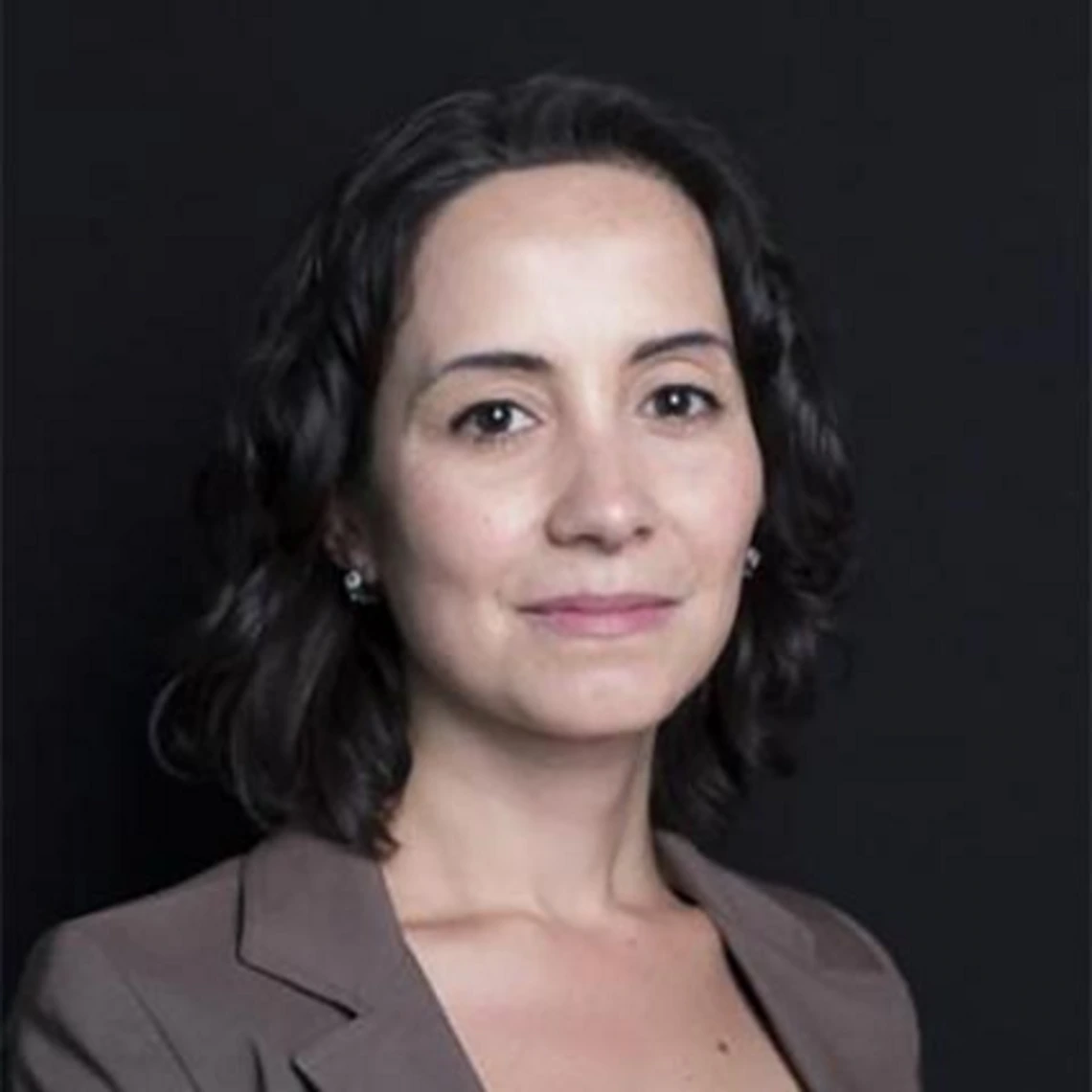Risso Discusses Cyber Systems, Sustainability in Mining

In a new interview with the Lowell Institute for Mineral Resources, assistant professor Nathalie Risso discusses growing up in Chile, and how that set her on a path to work in the future of mining. A collaborator with the new School of Mining and Mineral Resources, Risso works at the intersection of sustainability, cyber systems and mining.
“Tucson is surrounded by all these mines and mining companies, and you also have a lot of technology available. Many of the companies that are here – Caterpillar, Komatsu – I worked with before, in Chile. There, they’re just implementing things that are already done,” Risso says. “Here, they are trying new things and that seemed really exciting.”
Unsurprisingly, as a master of multitasking, Risso is always working on many things at once, from investigating issues in mining engineering to teaching classes and inspiring youth (especially women) to love science. In Chile, she created two separate university groups to jumpstart and encourage more women to join various scientific fields. She currently maintains three major lines of research, the first being in cyber-physical systems.
Cyber-physical systems (CPS) are a blend of computation and the physical world, usually found in situations that require technology to work with the natural world while adhering to the laws of physics. For example, a CPS could be a human who carries a chip measuring something in the human, like heart rate or blood oxygen levels. These systems have many applications, but they’re starting to make bigger waves in mining, and Risso is at the forefront of that wave.
“We are looking into how we can use these devices and integrate them into underground mines to collect valuable information,” Risso says. “Maybe, we can monitor people's health so we can know if they’re working in a good environment.”
